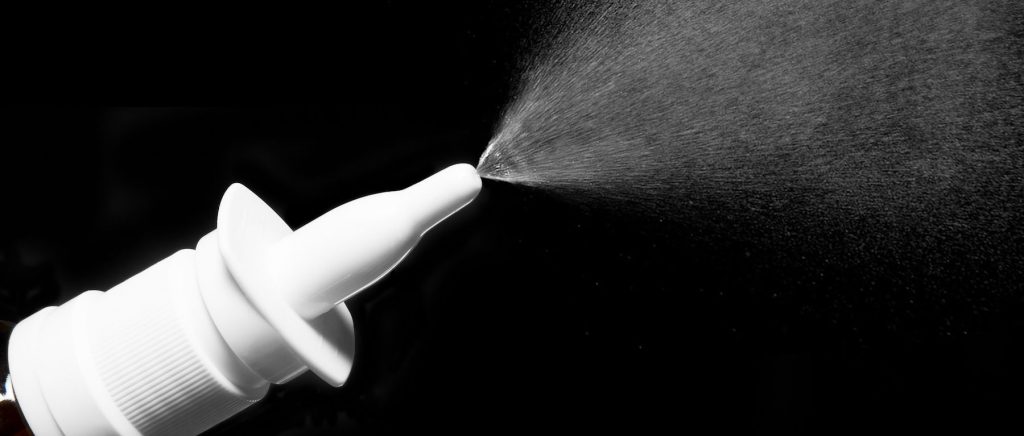Abstract
BACKGROUND
In treatment-resistant depression, commonly defined as a lack of response to two or more consecutive treatments during the current depressive episode, the percentage of patients with remission is low and the percentage with relapse is high. The efficacy and safety of esketamine nasal spray as compared with extended-release quetiapine augmentation therapy, both in combination with ongoing treatment with a selective serotonin reuptake inhibitor (SSRI) or a serotonin–norepinephrine reuptake inhibitor (SNRI), in patients with treatment-resistant depression are unknown.
METHODS
In an open-label, single-blind (with raters unaware of group
assignments), multicenter, phase 3b, randomized, active-controlled trial, we assigned patients, in a 1:1 ratio, to receive flexible doses (according to the summary of product characteristics) of esketamine nasal spray (esketamine group) or extended-release quetiapine (quetiapine group), both in combination with an SSRI or SNRI. The primary end point was remission, defined as a score of 10 or less on the Montgomery–Åsberg Depression Rating Scale (MADRS), at week 8 (scores range from 0 to 60, with higher scores indicating more severe depression). The key secondary end point was no relapse through week 32 after remission at week 8. All patients were included in the analysis; patients who discontinued the trial treatment were considered as having had an unfavorable outcome (i.e., they were grouped with patients who did not have remission or who had a relapse). Analyses of the primary and key secondary end points were adjusted for age and number of treatment failures.
RESULTS
Overall, 336 patients were assigned to the esketamine group and 340 to the quetiapine group. More patients in the esketamine group than in the quetiapine group had remission at week 8 (91 of 336 patients [27.1%] vs. 60 of 340 patients [17.6%]; P=0.003) and had no relapse through week 32 after remission at week 8 (73 of 336 patients [21.7%] vs. 48 of 340 patients [14.1%]). Over 32 weeks of follow-up, the percentage of patients with remission, the percentage of patients with a treatment response, and the change in the MADRS score from baseline favored esketamine nasal spray. The adverse events were consistent with the established safety profiles of the trial treatments.
CONCLUSIONS
In patients with treatment-resistant depression, esketamine nasal spray plus an SSRI or SNRI was superior to extended-release quetiapine plus an SSRI or SNRI with respect to remission at week 8. (Funded by Janssen EMEA; ESCAPE-TRD ClinicalTrials.gov number, NCT04338321. opens in new tab.)







